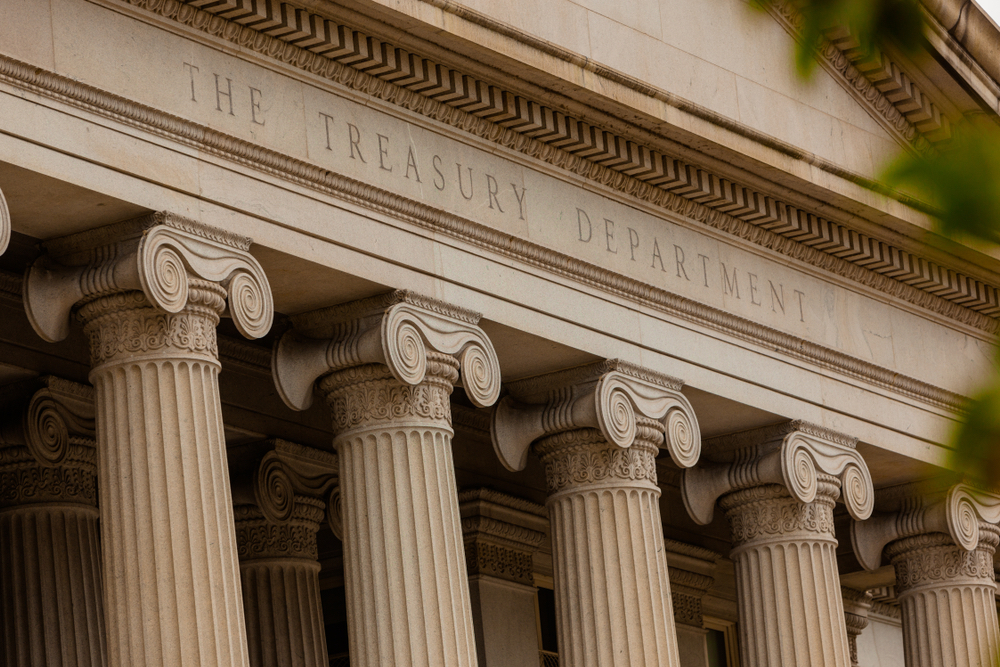
- Details
- By Elyse Wild
- Economic Development
The Treasury Department’s Community Development Financial Institutions (CDFI) Fund announced that it will postpone the rollout of its new CDFI certification application, which was supposed to launch in April 2023.
The announcement comes after the comment period for proposed modifications to the application closed on Dec. 5.
The proposed changes to the application, announced in October 2022, sent shockwaves across Indian Country as many Native CDFIs faced the possibility of being shut out of the fund altogether. At a national conference in early December, Native CDFI executives shared comments and concerns about the proposed changes directly with CDFI Fund Director Jodie Harris.
In the absence of traditional banks, Native CDFIs have been critical to driving economic development and access to capital in Native American communities. Today, there are 64 Native CDFIs operating throughout Indian Country, according to the Native CDFI Network, a national nonprofit advocacy and policy organization.
Pete Upton, the chairperson and interim CEO of the Native CDFI Network, said the CDFI Fund’s decision to delay the rollout is a sign that the Treasury is listening to how the proposed changes could impact Indian Country as well as other underinvested communities the industry serves.
"I think they are listening," Upton told Tribal Business News. "I have had conversations with them, and they are definitely listening to Indian Country and the entire industry. I think it is a good thing that they are being prudent in their decision and listening to the comments."
According to prior Tribal Business News reporting, under the proposed changes, a CDFI would be prohibited from issuing mortgage loans with balloon payments or terms longer than 30 years or any interest-only loan.
As well, CDFIs would be barred from counting youth-based programs as qualifying development services and would be limited in the amount of staff time dedicated to development services.
The new application was previously set to roll out on April 1. While the Treasury Department's Tuesday announcement stated that a lengthy delay is not anticipated, Upton says Native CDFI executives and staff are feeling nervous.
"There are concerns of the unknown," Upton said. "It is hard to do business when you don't know what the rules may be in 60 or 90 days.
“I think it is important for them to include a grandfather clause so that if the changes are made and it doesn't go the way Native CDFIs want, then we can definitely have time to make adjustments."
The Native CDFI Fund has worked with Native CDFIs since the proposed changes to the fund were announced in October to ensure participation in the public comment process.
"We are listening to each and every one of our Native CDFIs as we move forward," Upton said.
A letter submitted by Native CDFI Network to the CDFI Fund’s Harris on December 5, 2022 — just days before she spoke at their conference, states, “Indian Country needs more Native CDFIs, not less. It needs more Native CDFIs that can achieve and retain Treasury certification and the access to capital and credit that certification unlocks for them, not less.”
The five-page letter — co-signed by 37 Native CDFIs — outlines specific concerns Native CDFIs have about how the proposed changes will impact their ability to continue to provide equitable and accessible financing in Native communities
Despite the concern, Upton says he is confident in the Treasury's intentions to tailor its decision based on the feedback.
"I one-hundred percent believe that they are listening and that they want to do what's best," Upton said.
According to Tuesday's announcement, once the new application is implemented, currently certified CDFIs will be provided a grace period by which to achieve compliance with the new CDFI Certification Application and guidelines.
